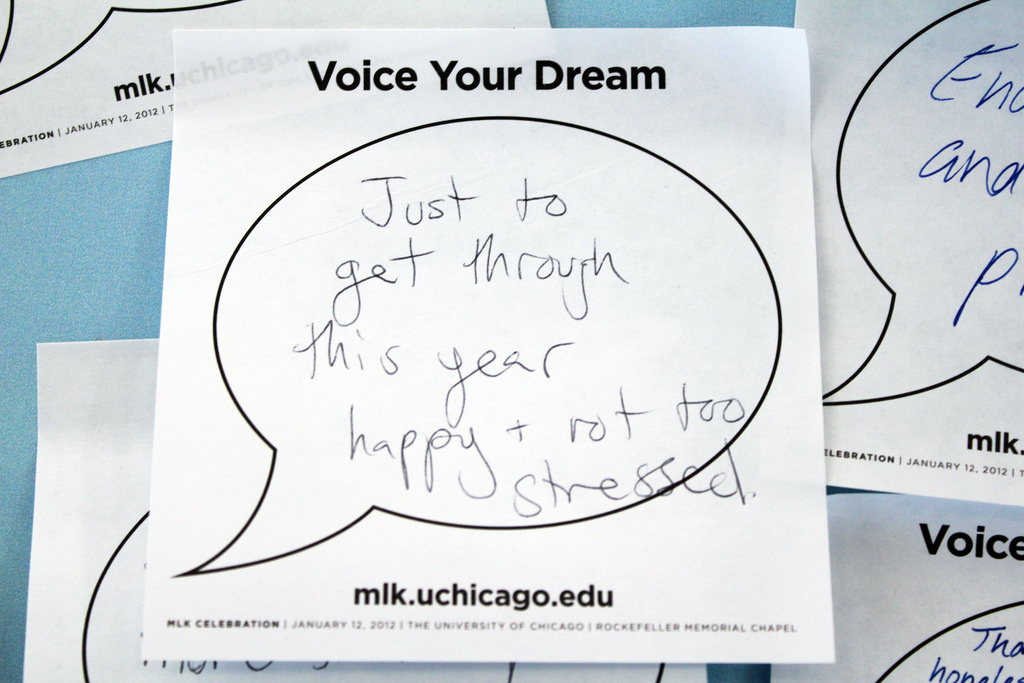By Dr. Blagoy Blagoev.
There are more and more prominent voices calling for management research and practice to focus on the ‘grand challenges’ faced by society. Undoubtedly, one of those grand challenges most talked about is sustainability. Usually, sustainability is thought about in ecological terms. Indeed, a plethora of well-known issues exist at the interface between business and the natural environment, such as CO2 emissions or water pollution to name but a few. Increasingly, corporations are faced with pressing social demands to manage and organize in sustainable ways in order to prevent such problems from happening in the first place. Yet, another, much less talked about dimension is the human side of sustainability.
Breaking the extra-long hours regime in management consulting
The human side of business sustainability refers us to the problems at the interface between organizations and people, in particular, to the potentially harmful impact certain management practices can have on employees and their families. One, especially harmful development in many workplaces concerns the proliferation of extra-long hours regimes among highly qualified professional and knowledge workers. Many such workers seemingly voluntarily accept to work between 60 and 120 hours a week, remain connected to work through smartphones and laptops, and continue to do so even after experiencing severe work-induced bodily breakdowns. Such ‘extreme’ working time regimes have been shown to be detrimental to both individuals and their organizations: they harm employees’ health, productivity and creativity; reproduce gender inequality; and generate higher employee turnover rates and increasing cost for attracting and retaining highly qualified personnel. In short, in the long term, they create an unsustainable workplace environment. Yet, despite such well-known drawbacks, little progress has been made with dismantling extra-long hours regimes and building more humanly sustainable workplaces. Most work-life balance and family friendliness initiatives do not work.
Extra-long hours regimes persist. Why so?
In my doctoral dissertation, I studied the genesis and historical evolution of an extra-long working hours regime at an elite management consulting firm in Germany in order to answer this question. My empirical investigation demonstrated the historical contingency of the extra-long hours regime: Rather than being pre-given, it only emerged out of a strategic shift at the firm that occurred in the late 1980s. I discovered that the main reason underlying the persistence of long working hours at this firm could be found within the distinct self-reinforcing dynamics triggered by this shift. Over time, these dynamics had constituted and continued to maintain an ecology of complementary and mutually reinforcing management practices, business strategies and cultural norms that were all adjusted to and reinforced the extra-long hours regime. The dynamic spread throughout the entire organization and even beyond: It entangled the consulting firm’s clients too.
The way forward: re-thinking the „work-life balance“ approach
The results of my research imply that the dominant ‘work-life balance’ approach of dealing with such problems of human sustainability needs to be fundamentally reconsidered in at least two ways.
First, building humanly sustainable workplaces is a matter of radical and strategic rather than incremental and operative change. At least in the case of consulting firms, the extra-long working hours pattern cannot be isolated from the plethora of organizational practices, cultural norms and the overarching strategy that have historically co-evolved with it. Simply providing work-life initiatives, such as part-time work of flexible working hours, without attempting to change the entire organizational ecology intertwined with reproducing the extra-long hours regime is not likely to achieve much success. Understanding and breaking the logic of the dynamics that maintain this ecology is crucial for change initiatives to succeed.
Second, and related, we need to widen the traditional focus on internal organizational change. In my research, the dynamics in question went beyond the boundaries of the single firm and entangled client organizations as well. This implies that changing the extra-long working hours regime would also require shifts in the interaction pattern between professional service providers and their clients and the various expectations that structure these interactions.
Key is to change the reproducing dynamics of unsustainable workplaces
Dismantling persistent regimes of extra-long working hours remains one of the key challenges for building humanly sustainable workplaces. Whereas previous research has focuses on criticizing such regimes and suggesting alternatives, we are only now beginning to understand the actual mechanisms that are at work to maintain extra-long working hours. The emergent research findings clearly demonstrate that human sustainability cannot be achieved by providing work-life benefits to compensate for an otherwise humanly unsustainable workplace environment. Rather, the key lies in changing the entire web of interdependent organizational practices, norms and strategies and the dynamics that reproduce such workplace environments.
Pic by Quinn Dombrowski, Flickr
